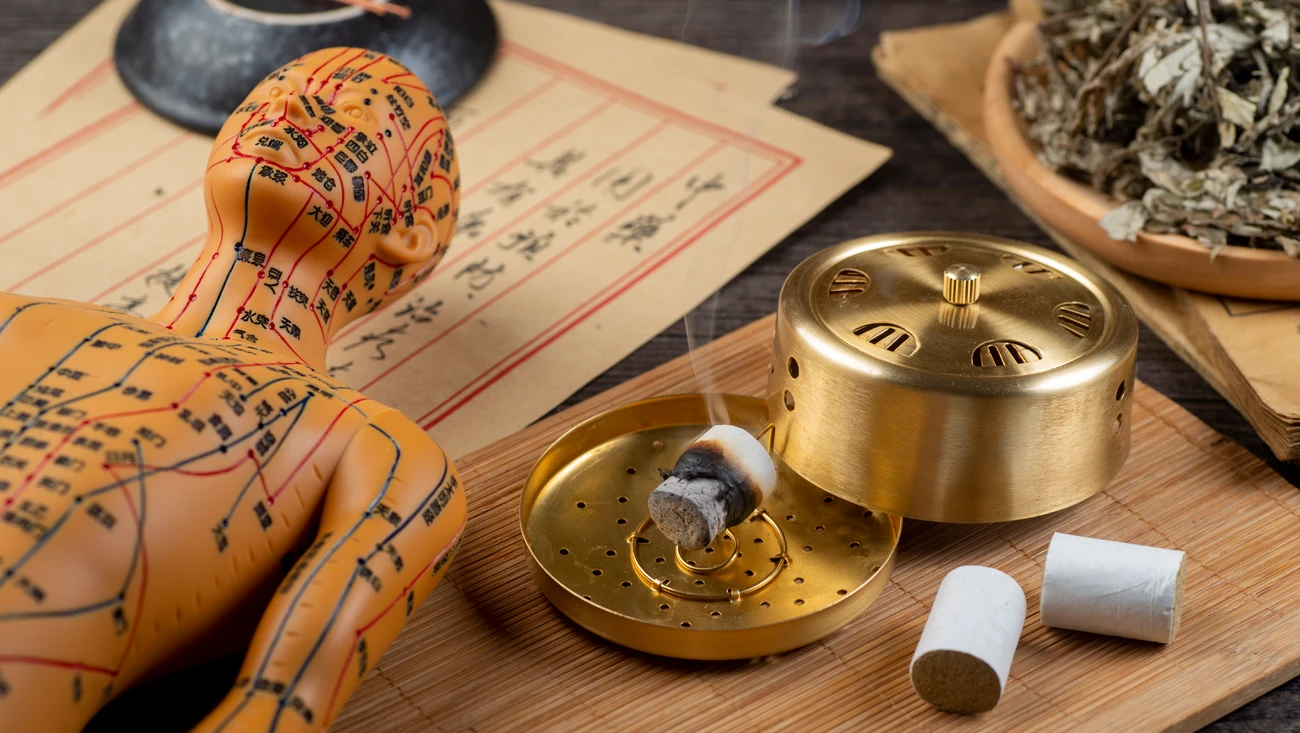What Is Acupuncture? Understanding Its Roots in Chinese Medicine
What Is Acupuncture?
At its heart, acupuncture is a gentle way of encouraging the body to heal itself. It’s a therapy that’s been practiced for thousands of years as part of Traditional Chinese Medicine (TCM). Very fine needles are placed into specific points on the body, known as acupuncture points, to restore balance, ease symptoms, and support overall wellbeing.
It might sound surprising, but these tiny needles don’t just address physical concerns. They also help regulate energy, calm the nervous system, and promote emotional balance. Many people leave a session feeling lighter, calmer, and more connected to themselves.
The Philosophy Behind Acupuncture
Chinese medicine sees health not just as the absence of illness, but as a state of harmony. Energy, or Qi (pronounced “chee”), flows through the body along pathways called meridians. When Qi is abundant and flowing smoothly, we feel well. When it becomes blocked or depleted, symptoms may arise – anything from pain and fatigue to stress or digestive issues.
Acupuncture works by gently rebalancing Qi, unblocking stagnation, and supporting the body’s natural rhythms. In this way, it treats the root cause of imbalance, not just the symptoms on the surface.
Acupuncture in Traditional Chinese Medicine
TCM is a complete medical system that includes acupuncture, herbal medicine, dietary therapy, and movement practices such as qigong and tai chi. It is based on observing the natural world and how it mirrors our own internal landscape.
Some key principles include:
Yin and Yang – the dynamic balance of opposites (rest and activity, cool and warm, inner and outer).
The Five Elements – Wood, Fire, Earth, Metal, and Water, each linked to organ systems, emotions, and seasons.
Prevention as treatment – supporting the body to stay in balance before illness develops.
Through this lens, acupuncture becomes more than a therapy for pain or stress – it’s part of a whole way of understanding health and life.
Why People Choose Acupuncture
People come to acupuncture for many different reasons:
To relieve musculoskeletal pain such as back, neck, or shoulder discomfort
For support with headaches, migraines, and stress-related symptoms
To ease digestive issues, sleep problems, and fatigue
To balance hormones, cycles, and women’s health concerns
For general wellbeing — a way of maintaining balance and resilience
Every treatment is tailored to the individual, recognising that no two bodies or lives are the same.
Acupuncture Today
Although it is rooted in ancient wisdom, acupuncture is increasingly recognised in modern healthcare for its ability to complement conventional treatments. Research continues to explore how acupuncture affects the nervous system, circulation, and endorphin release, helping to explain why so many people experience relief.
Here at Heathfield Acupuncture, I bring both the timeless principles of TCM and an understanding of modern health concerns to every treatment – so whether you’re seeking physical relief, emotional support, or simply a sense of balance, acupuncture can offer a gentle, effective path.
Final Thoughts
Acupuncture is an ancient practice with a modern relevance. It invites us to look at health differently – not just as treating illness, but as restoring harmony, resilience, and vitality.
If you’ve ever wondered what acupuncture is really about, I’d love to welcome you to experience it for yourself. Sometimes the best way to understand is to feel the shift in your own body. LET’S CHAT?



